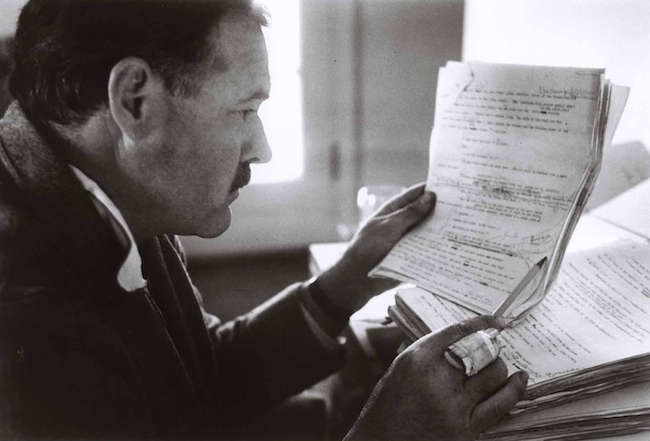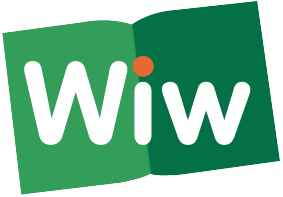 An old college professor once told me a story about Hemingway. While, yes, Hemingway was a fabulous writer, what most people don’t realize was that Hemingway was a ruthless editor. Every word, sentence, and paragraph was worked and reworked to create the compelling tomes we now know as quintessentially his.
An old college professor once told me a story about Hemingway. While, yes, Hemingway was a fabulous writer, what most people don’t realize was that Hemingway was a ruthless editor. Every word, sentence, and paragraph was worked and reworked to create the compelling tomes we now know as quintessentially his.
He even confided to his friend, F. Scott Fitzgerald, that for every one page of masterful work, Hemingway felt he wrote 91 pages of crap (Hemingway used a less work appropriate term) … and that his goal was to make sure the 91 pages made it to the wastebasket.
For example, Hemingway is often credited with the pithy story, “For Sale: Baby Shoes, Never worn.” Need we say any more?
In other words, even a great writer like Hemingway knew to make every word count, cut away the chaff, leaving the most critical elements to move the tale along.
Be Willing to Cut Even Your Great Work
Business writing is no different.
In fact, some might say it’s even more important today – given the volume of email and content published on a daily basis -- to cut the chaff and leave not one more word than necessary to communicate your ideas.
A while ago, Microsoft made big news when their research showed that the average attention span has shrunk to about eight seconds… about that of a goldfish’s. The news sent marketers, business writers and communicators scurrying, leaving them to wonder “how in the world will we get our messages across in just 8 seconds!”
But new research challenges this Microsoft research wisdom. Is it that our attention spans are actually getting shorter? Prezi research studies found that attention spans aren’t shortening – they’re evolving.
Think of it this way: If people are capable of binge-watching an entire season of Netflix’s The Queen, then “there's no reason you shouldn’t be able to pay attention in a meeting. You just need to couple your content with a compelling story and great visuals," says Nadjya Ghausi, vice president of marketing at Prezi.
So the lesson is: your writing can be exceptional – but you still have to be willing to edit, leaving the most compelling, important information (or message) the reader needs.
Don’t Hit Delete Yet
I totally understand that feeling of being reluctant to delete something. But you don’t have to drag it to the trash bin entirely.
Yes, delete the extraneous information from the materials you’re creating today. But that doesn’t mean that gem of a sentence, paragraph or chapter isn’t great fodder for something else.
Try this: Keep an Ideas folder handy for these gems. You never know how you might use them!
Remember: The sign of a great writer isn’t just what’s on the page. It’s being able to judge exactly what is critical for the reader… and not one word more.
Want to learn more about being a better writer or editor? Check out our books (Amazon) and courses.
about any of our products or services.
 Visit us
San Francisco Bay Area
Visit us
San Francisco Bay Area
 Mail us
natasha@adcomdesigns.com
Mail us
natasha@adcomdesigns.com
 Call us
(510) 655-6477
Call us
(510) 655-6477

